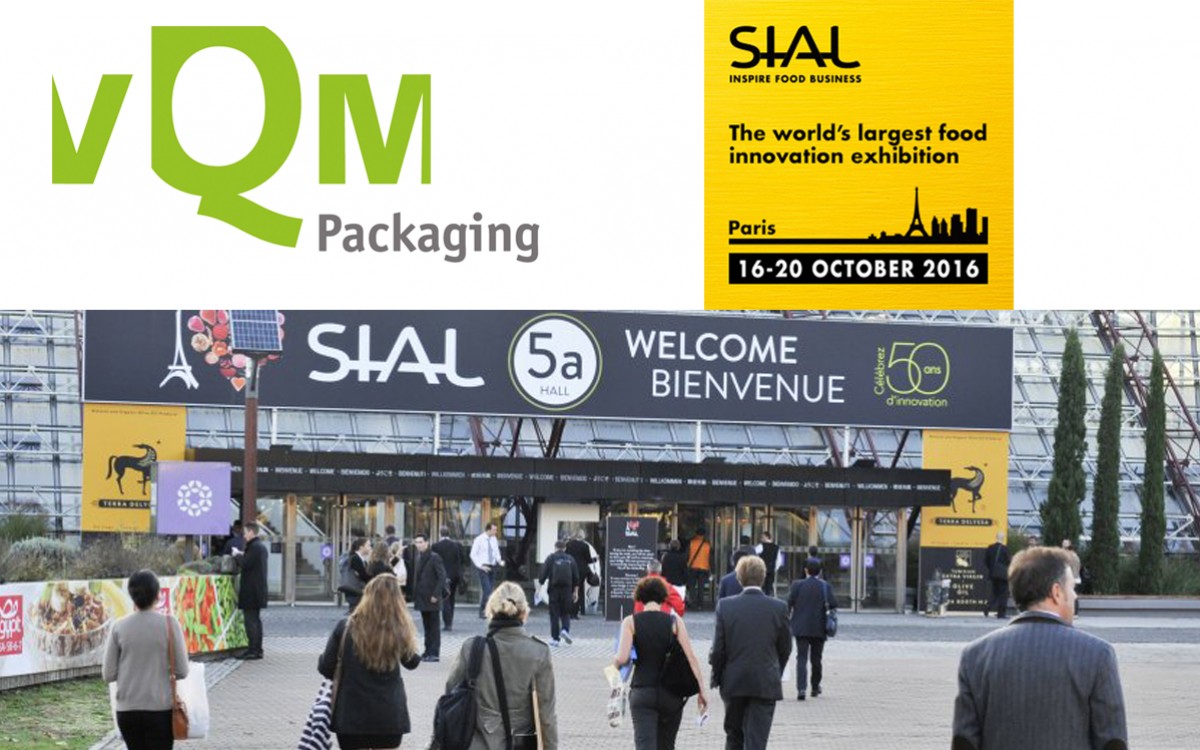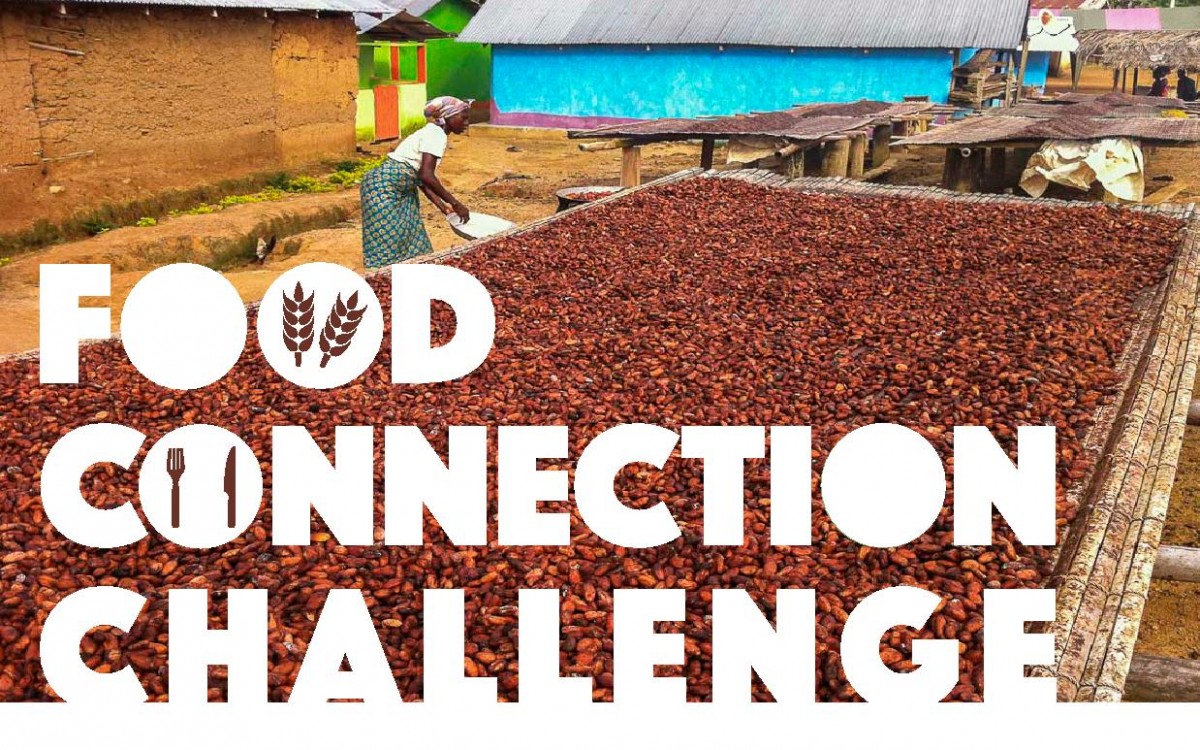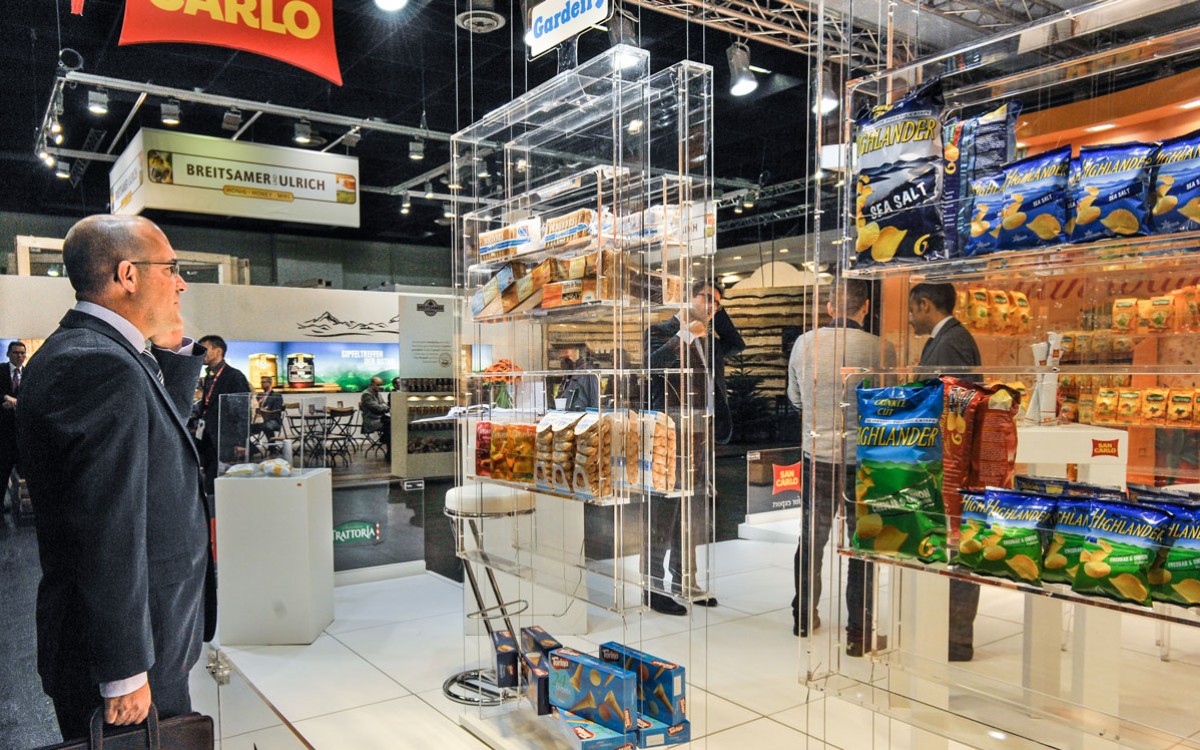vQm wins food Connection Challenge!
On November 5, 2016, the Food Connection Challenge (FCC) Final took place at the Afrikadag in Amsterdam. Dutch students pitched their innovative business solutions, developed to address postharvest issues of Ghanaian companies. The teams used the innovative expertise of Dutch entrepreneurs to support their business cases and aimed at adapting these technologies to the Ghanaian context.
Postharvest issues threaten both food security and the profitability of the agricultural sector. When realizing that about one third of produce gets wasted worldwide because of postharvest issues – think of mold, a lack of storing facilities or transport problems – the importance of tackling such issues becomes clear. But how to turn these problems into real business cases, that are both profitable for the Ghanaian and Dutch entrepreneurs?
Food Connection Challenge Final
On November 5, 2016, a broad audience gathered during the Afrikadag in Amsterdam for the Final of the Food Connection Challenge. The four participating teams presented their solutions to practical postharvest issues faced by Ghanaian agricultural entrepreneurs. The diversity of the solutions was significant, because of the big differences in the business cases. Postharvest issues ranged from the losses of tilapia during transport, to the lack of cold storage for pineapples and the losses of peanuts due to harvesting techniques and aflatoxins.
The jury consisted of Froukje Verreijt of RVO, Anitra van der Kraan of NABC and Maaike Veen of ImpactBooster. They had a difficult task in selecting the winner, because of the variety of cases. “We really liked the creativity of the teams, by which they faced the specific challenges of their own case”, Van der Kraan explained. However, after thorough examination of the business plans, and a critical Q&A session that followed after each presentation, the jury managed to select a winning team.
Edanso – the winning solution
“We liked the winning solution, because it is very easy and feasible”, explained the jury when they picked the Edanso team, consisting of Poppy Eyre and Naomi Berns, both studying International Food & Agriculture at HAS University of Applied Sciences in Den Bosch. Edanso is a company that processes groundnuts into paste. Because there is a shortage in certain times of the year, Edanso could get a better price for its products when they would manage to store the groundnuts for three months. However, storing is not easy because aflatoxin forms a big risk.
The team found a solution by using innovations of the Dutch company VQM Packaging, consisting of a vacuum pump, a heat sealer and special plastic bags. The solution would cost around €1,700.- and it would save Edanso €1,400.- annually, resulting in a payback time of 1.2 years. In addition the team proposed Edanso to create an aflatoxin awareness program in which they educate the farmers they collaborate with on the effects of aflatoxin and how it affects their business.
It was an exciting final, as the fit-to-purpose solutions of the students really showed how Dutch and Ghanaian companies can work together to fight postharvest issues. Currently, the organizers explore the possibilities to pilot the different solutions.
Read the original message here
Other news facts

vQm at the SIAL International Food Exhibition in Paris
vqm Packaging will be present at the SIAL, International Food Exhibition in Paris. Would you like to meet us there? Just send us a message!read more

vQm wins food Connection Challenge!
On November 5, 2016, the Food Connection Challenge (FCC) Final took place at the Afrikadag in Amsterdam. Dutch students pitched their innovative ...read more

vQm at the Anuga exhibition in Cologne
vqm Packaging will be present at the Anuga exhibition. Would you like us to visit your booth, and tell you all about our innovative packaging ...read more